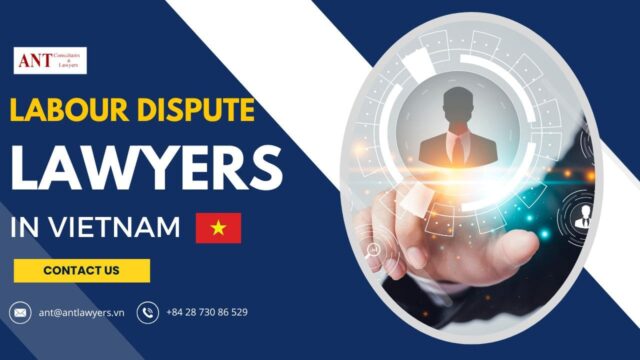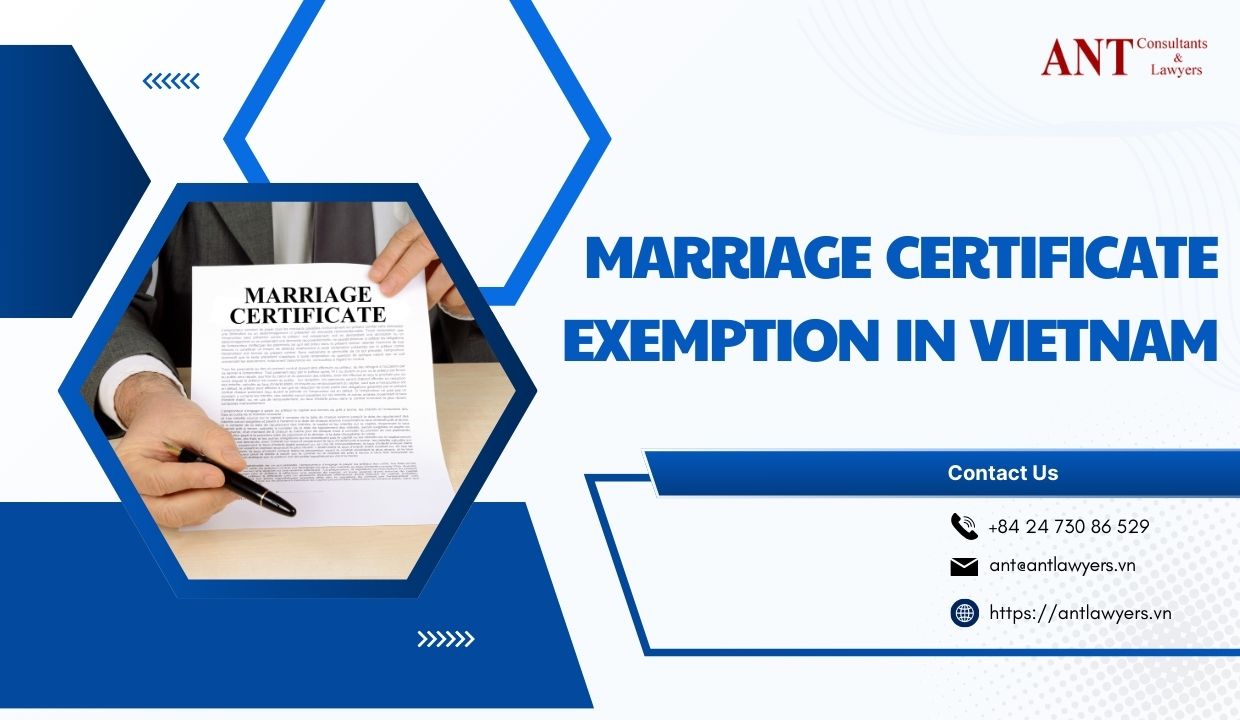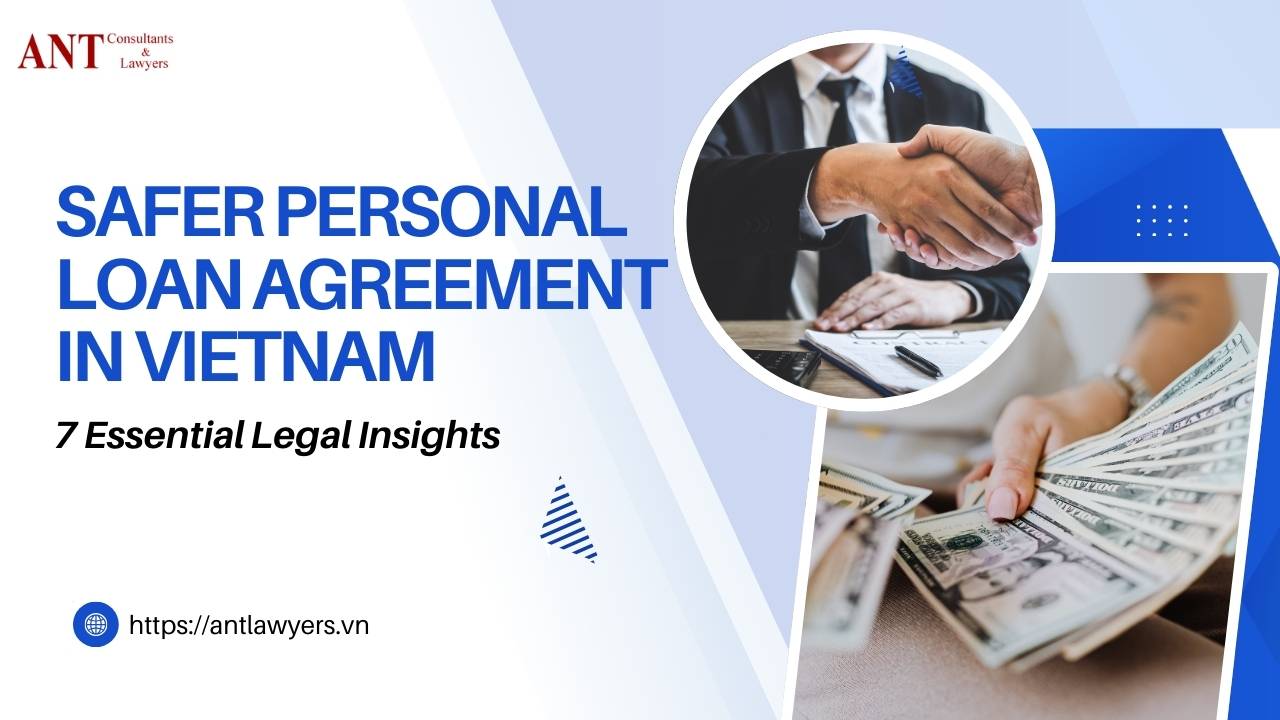Facing Challenges as a Foreign Employee in Vietnam
Working in a foreign country can be exciting, but it also comes with challenges, especially when it comes to employment disputes. Vietnam’s labour laws are designed to protect employees, including expatriates, but understanding how to navigate these laws can feel overwhelming.
If you’re facing issues like unfair dismissal, unpaid wages, or contract disputes, in here, you would find a good starting point to help you understand your rights and how labour dispute lawyers in Vietnam can assist you.

Vietnam’s Labour Laws: A System That Favors Employees
Vietnam has one of the most employee friendly legal systems. Whether you’re a local or a foreign worker, the law provides strong protections for employees, requiring employers to follow strict procedures for things like termination and contract enforcement.
For foreign employees, this can be a relief, but also a challenge. Language barriers and unfamiliar legal processes can make it hard to advocate for yourself. This is where labour dispute lawyers in Vietnam help bridge the gap and ensuring your rights are protected.
Common Labour Disputes Foreign Employees Face
If you’re working in Vietnam as a foreign employee, you may encounter disputes such as:
-Unfair Dismissal: Termination without a valid reason or proper procedure is against the law.
-Wage Disputes: Late payments, withheld bonuses, or unpaid allowances are common issues.
-Social Insurance: Foreign employees are entitled to mandatory social insurance contributions, but disputes often arise over compliance.
-Work Permit Issues: Employers may misuse permit or visa problems to terminate contracts unfairly.
-Contract Violations: Discrepancies between agreed terms and actual working conditions can lead to conflict.
The Role of Labour Dispute Lawyers in Vietnam
Labour dispute lawyers in Vietnam are experts in navigating the country’s employee-focused laws. They offer support by:
-Reviewing Contracts: Ensuring your employment agreement complies with Vietnamese law and safeguards your rights.
-Providing Legal Advice: Helping you understand your options and plan your next steps.
-Representation: Advocating for you in mediation or legal proceedings when disputes escalate.
Their goal is to ensure that your employer meets their obligations and that you receive fair treatment under the law.
Resolving Labour Disputes in Vietnam
When a dispute arises, the process typically begins with informal discussions between you and your employer. If no resolution is reached, you can escalate the matter:
–Mediation: Labour conciliation committees are available to help employers and employees reach an agreement.
-Administrative Complaints: Complaints can be filed with the Department of Labour, Invalids, and Social Affairs (DOLISA).
-Court Litigation: If all else fails, taking the matter to court may be necessary. Courts in Vietnam are known to favour employees in labour disputes.
Throughout these steps, having a labour dispute lawyer by your side can make the process smoother and more effective.
Unfair Dismissal: What You Need to Know
Termination in Vietnam must follow strict procedures. Employers must provide valid reasons, proper notice, and severance pay (when applicable). Failing to do so could make the termination unlawful.
If you’ve been dismissed unfairly, a labour dispute lawyer in Vietnam can help you:
-Challenge the dismissal through mediation or the legal system.
-Secure compensation for lost wages or severance.
-Negotiate for reinstatement if that’s your goal.
Wage and Benefit Disputes
Vietnam’s labour laws require employers to pay wages on time, including bonuses, overtime, and allowances like housing or transportation. Disputes arise when employers fail to meet these obligations.
If you’re dealing with a wage or benefits issue, keeping thorough records (e.g., contracts, pay slips, emails) can be crucial. Labour dispute lawyers can help you recover unpaid wages and ensure compliance with the law.
Social Insurance and Benefits
Since 2018, foreign employees in Vietnam have been included in the country’s mandatory social insurance scheme. This covers pensions, sickness benefits, and maternity leave.
Employers are responsible for making these contributions. If they fail to do so, you may face challenges in claiming benefits. Labour dispute lawyers in Vietnam can assist you in filing complaints and recovering what you’re entitled to.
Work Permit and Visa Issues
Work permits are essential for foreign employees in Vietnam. However, some employers misuse permit or visa issues to justify unfair actions, like withholding wages or terminating contracts.
Under the law, employers are responsible for assisting employees with obtaining and renewing work permits. If you face challenges in this area, a labour dispute lawyer can clarify your rights and help resolve the issue.
How to Prevent Labour Disputes
While it’s impossible to avoid every potential conflict, there are steps you can take to minimise the risk of disputes:
-Understand Your Contract: Make sure you fully understand your employment terms and how they align with Vietnamese law.
-Document Everything: Keep copies of agreements, correspondence, and records of payments.
-Stay Informed: Learn about your rights and obligations under the Labour Code.
-Seek Legal Advice Early: If you suspect an issue, consulting a lawyer early can save you time and stress.
How Labour Dispute Lawyers in Vietnam Could Help?
Labour dispute lawyers in Vietnam provide essential support to foreign employees by:
-Protecting Your Rights: Ensuring you are treated fairly under the law.
-Guiding You Through the Process: Helping you navigate mediation, administrative complaints, or court proceedings.
-Resolving Disputes Efficiently: Offering strategic advice to achieve the best possible outcome.
Whether you’re dealing with an unfair dismissal, a wage dispute, or a visa-related issue, having an experienced lawyer by your side can make all the difference.
Looking Ahead: Know Your Rights, Get the Right Help
Navigating labour disputes as a foreign employee in Vietnam can feel challenging, but it doesn’t have to be overwhelming. Understanding your rights and knowing when to seek help is the first step toward resolving any conflict.
About ANT Lawyers, a Law Firm in Vietnam
We help clients overcome cultural barriers and achieve their strategic and financial outcomes, while ensuring the best interest rate protection, risk mitigation and regulatory compliance. ANT lawyers has lawyers in Ho Chi Minh city, Hanoi, and Danang, and will help customers in doing business in Vietnam.
Source: https://antlawyers.vn/disputes/labour-dispute-lawyers-in-vietnam-10.html








